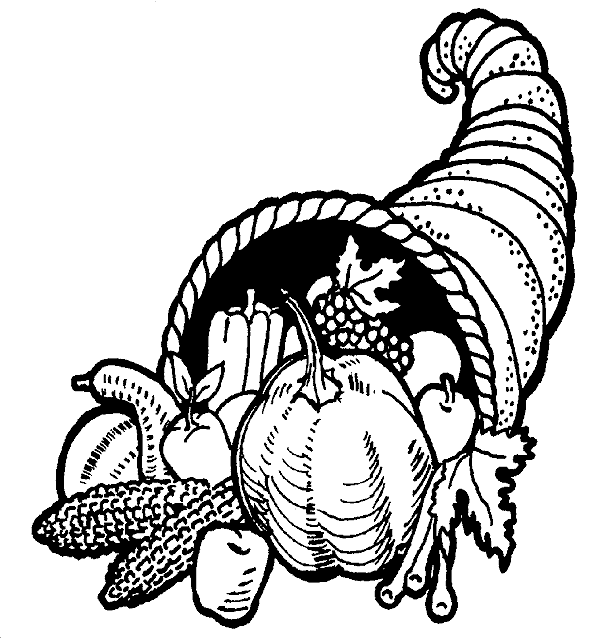
One of the biggest challenges in journalism and PR is the quote. It's also the biggest lost opportunity.
In the wire-service business I was taught to quote someone only if I couldn't paraphrase the sentiment better. I was reminded that I was a writer, and that's what I got paid to do (I worked with a number of reporters over the years who used quotes liberally, and 99 percent of them aren't in the business anymore). A reporter or historian might have written "87 years ago," but Lincoln said "Four-score and seven," and they're four of the more memorable words in the English language.
In PR, quotes start out like crater-sized holes in a press release outline: "INSERT COMPANY/VENDOR/CUSTOMER QUOTE HERE." They go downhill from there. For many professionals, it's an afterthought. Almost without exception, press release quotes are dull and devoid of meaning.
Here's a winner from today's BusinessWire feed:
“By implementing a standard way of managing the collaboration between technologies, EDRM has capitalized on the industry’s readiness to work together and move the entire industry forward.”
Replace "EDRM" with anything and it works in any industry. It's also meaningless. It's like saying people love warm sunny days.
Quotes, although tricky to write well, don't have to be this bad.
If you're in PR, use the quote to get your message across in a way that can't be paraphrased (journalists use canned quotes all the time, but they won't use crappy ones). You will get pushback from your client, but persevere because it will pay off. If you're a journalist, keep asking questions until you get a quote you can use.
A lot of this is writing 101, but it gets lost in the flood of information we all produce every day.
Onward... Rob Cox, on
BreakingViews.com, has
a fine post today that imagines a note from Yahoo CEO Jerry Yang to Microsoft's Steve Ballmer, responding to MSFT's $44.6 billion offer to buy his company.
However fine the post, it contained a couple of teaching moments.
"...came as a complete surprise." While not a hard-core redundancy, this example illustrates how a little discipline can go a long way in writing. Surprise speaks for itself; unless there's a time element (latest surprise), why modify its degree? A surprise is a surprise is a surprise. The more we modify words that stand resolutely on their own, the more muddled our communication becomes.
"...articulating our admittedly complicated strategy." All "Jerry" has to write is the word "complicated," and he's admitting its complexity. This too can be a gray area, but it's better to put all adjectives and adverbs under the magnifying glass in the heat of the day. More often than not, you should end up searing them into oblivion.




